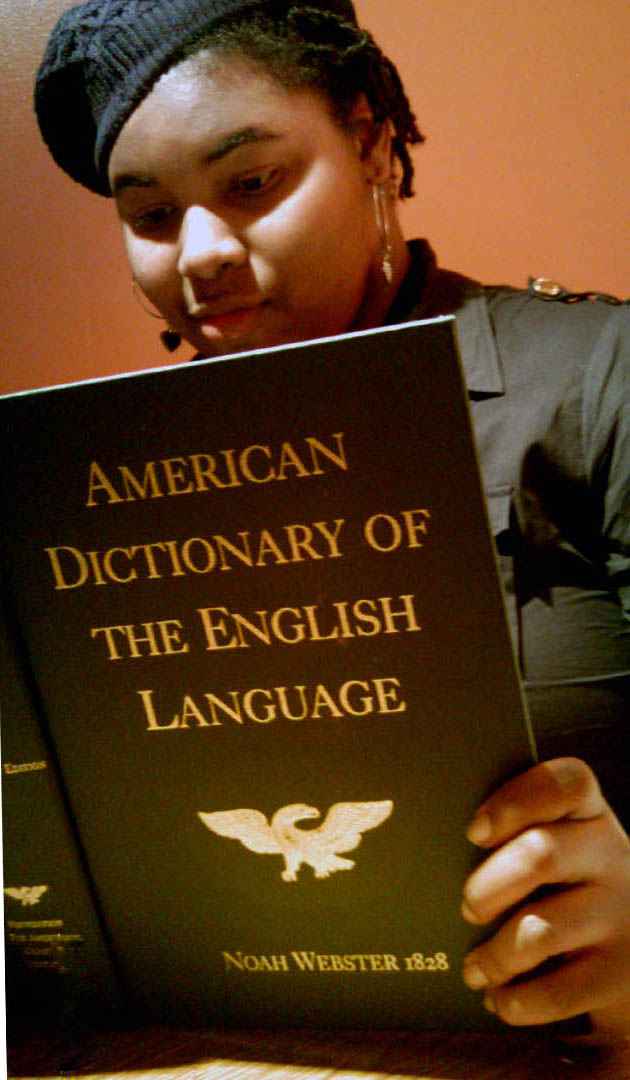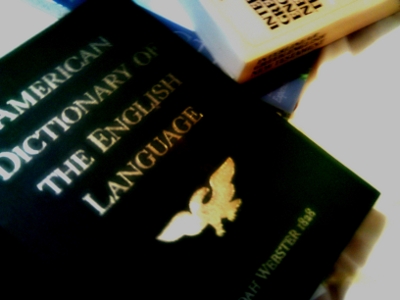| Share |  |
 | |||
Merging Education and Wisdom
 As sitting in a garage does not make you a car-- so sitting in a classroom does not make you wise. It takes more than standard education to make one wise.
As sitting in a garage does not make you a car-- so sitting in a classroom does not make you wise. It takes more than standard education to make one wise.
One of the forefather’s of American History and education, Noah Webster, articulates this well, stating that “education is useless without the Bible.” In a society that is steered by politically correct concepts this statement may seem rather, narrow.
None-the-less, our generation, communities and families are living proof of a society void of ideas and principles rooted in a Biblical perspective and grounded in wisdom.
As an educator and in-home counselor, I have observed the “state of the union” up close. My work with youth and families is somewhat part of a microorganism of the views and experiences of the average American family and international community. Some of these observations are a reflection of youth, teachers and political leaders which seem to embrace education as the key to unity, efficacy, and world peace.
Though these grand efforts sound promising, there is evidence that we have failed to embrace, and intermingle wisdom with our learning.
In today’s society a common definition of wisdom is having intelligence, common sense, and the ability to understand, comprehend and apply knowledge. This definition sounds adequate until compared with more insightful definitions of previous generations whose motto was “in God we trust.” We find such a definition in , The Noah Webster’s 1829 dictionary.
In this dictionary, “wisdom” is defined as “properly having knowledge, having the power of discerning and judging correctly, or discriminating between what is true and what is false; between what is fit and proper, and what is improper. Wisdom is also discrete and judicious in the use or application of knowledge; choosing laudable ends and the best means to accomplish them. Wisdom is being skillful, dexterous. It is learned; knowing; as the wise and the unwise; Godly, pious as found in first Timothy three, skilled in arts, science, philosophy and spiritual things.”
A Modern Application
So how does this definition apply to 21st Century education? I will submit that education in our current society is condensed to a three-pronged process. It integrates:
- Mastery of Subjects is geared to challenge each individual to develop expertise in multiple areas that leads to a passion to strengthen self and society.
- Curriculum Scope and Sequence determines subject guidelines, both the depth (quality or intensity) and length (duration, level) of which a student is required to study a subject.
- Methods and Tools are the technique, practices, “modus operadous,” or modes of operation that the instructor uses.
Modern Education’s Shortcomings
What we’ve failed to understand is that these three processes are created by people, people with either pros or cons for education that advocates God, family, character or work ethics. Therefore our sons and daughters may be well-versed in a subject such as psychology, or anthropology, but influenced by a professor with views in direct conflict with our Biblical Christian values, and Godly wisdom.

In the scriptures, the Apostle Paul’s writings to the Ephesians in chapter one verses 17 and 18, are for each one to receive the spirit of wisdom and revelation in the knowledge of God--not man--and that the eyes of their understanding would be enlightened.
This scripture implies that all humanity lives, understands and reasons from a level of darkness. Therefore without God’s wisdom— without His leading, His Word, His ways, His truths and His principles, at the foundation of our society and educational structure-- we will continue to function as those who live and walk in darkness.
The Negative Result
With this in mind, I have noticed an influx of young people that are desensitize to others and focused on self gratification at any cost. These results are from the secular mindset, tools, methodologies and curriculum that they are inoculated with on a daily basis.
Unfortunately, this problem has also infected Christian education. We have dared to believe that Christian education means attending a classroom where scriptures are taped on the walls. Not so! Christian education or, a wisdom-based education is internal, a renewing of the heart that moves to the external.
The Goal of a Biblically-Based Education
This type of true Christian education includes bringing up a child in the knowledge of Christ and the instructions He gave His disciples. It involves knowing the difference between right or wrong, treating each other courteously, studying diligently, and stewarding individual gifts and talents properly.
When executed properly, this wisdom-based, Christian education involves preparing the student for independent scholarship, formation of character, comprehension of a series of instructions and the administration of discipline--discipline which is intended to enlighten the understanding, correct the temper and form the manners and habits of youth that are fit, and prove useful and adequate in their future, in order to fulfill the call and purposes of God. (Hebrews 13:21).
A Positive Cultural Change
Dr. David Paul Yonggi Cho, from Seoul Korea , renown for church growth with daily meetings of 3000 people, tells of a meeting with a Korean government official. He says that the government official challenged him and his Christian faith noting that Christianity has no real power in today’s society.

Dr. Cho, being a man of great faith and prayer, knows this to be untrue but listened intently none-the-less. The government official continued and said that even though more and more Korean people have become Christian, that the society is no better off than before.
Dr. Cho had to agree with him and sought God about this matter. He soon realized that many of the new Christians were still at the baby stage and not very effective in society. But he was convinced that with time and the development of the new believers’ faith, the Korean nation and their over-all society would experience a pronounced positive change.
Our Profound Impact
The same applies to the impact Christians can have in any society by exercising Godly wisdom and by excelling through education. Through our intimate relationship with God, we should grow in both natural and supernatural understanding and application of our skill or discipline.
Those with spiritual insight should take the lead, and set the standard. There is no room for mediocrity, nor is there time to give half-hearted devotion to the potential influence we can have through our professional callings. After all, we have a direct relationship with the Creator of all knowledge and the author of wisdom Himself. Why shouldn’t Christians excel in education? We should excel the most.
Copyright © 2008-2015 Heather Kinchlow
Post Your Comment...
|
|
||||||||||||



